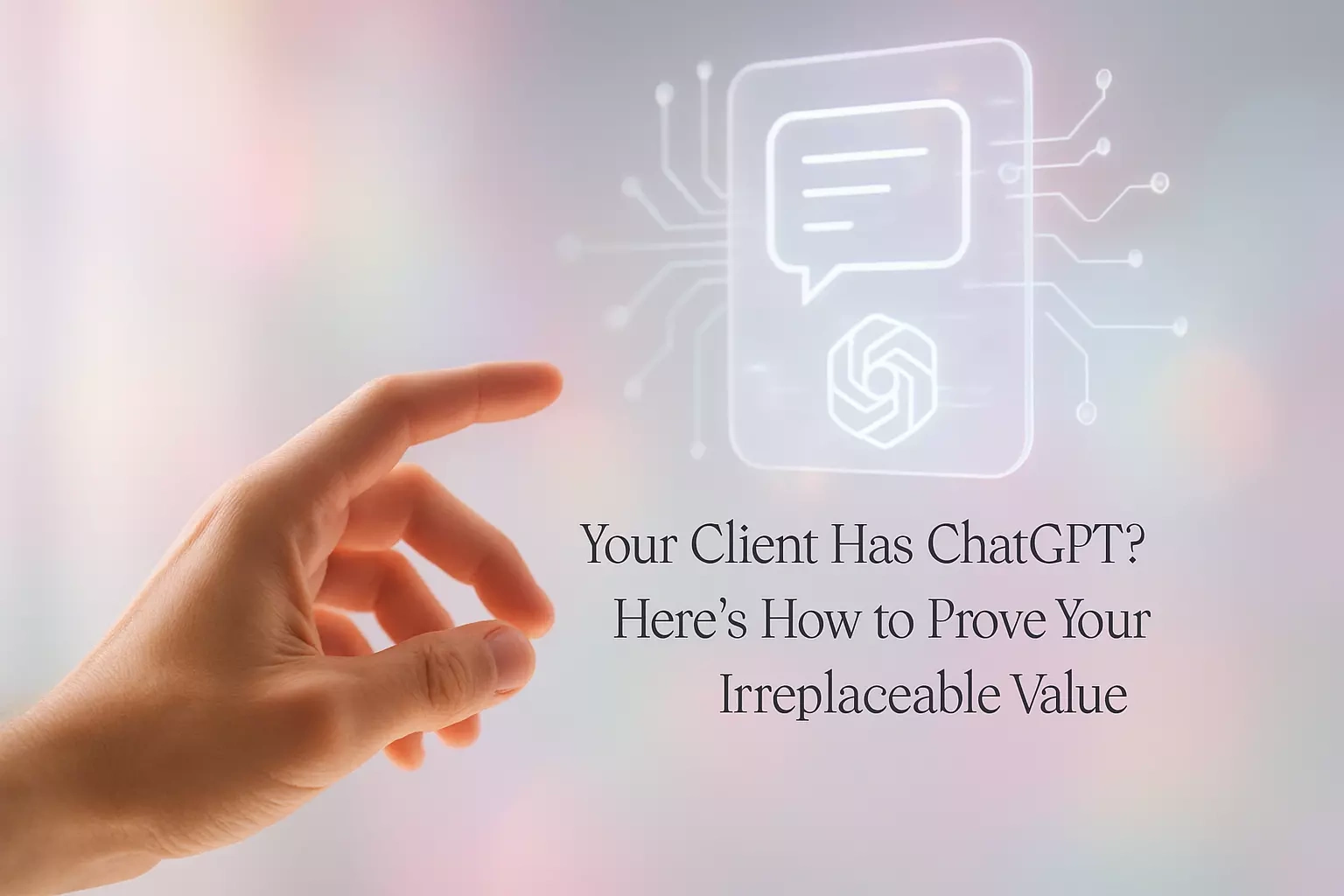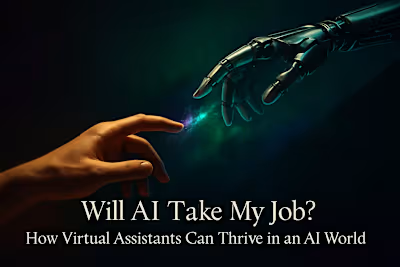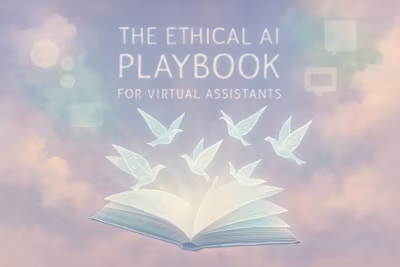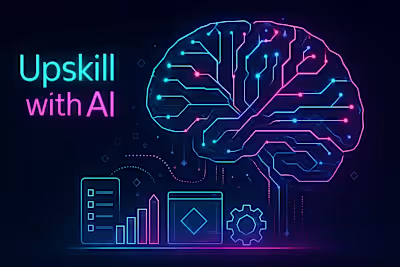Your Client Has ChatGPT? Here's How to Prove Your Irreplaceable Value

Your Client Has ChatGPT? Here's How to Prove Your Irreplaceable Value
The ChatGPT Advantage: What Your Client Sees
Instant Answers and Content Generation
The Allure of 'Free' and 'Good Enough'
Your Irreplaceable Value: What a VA Does That ChatGPT Can't
Strategic Thinking and Contextual Understanding
Quality Control, Nuance, and Brand Alignment
Proactive Problem-Solving and Initiative
Emotional Intelligence and Relationship Building
How to Position Yourself as an AI-Powered Strategic Partner
Reframe Your Services: From 'Doing Tasks' to 'Managing Systems'
Show, Don't Just Tell: Create Compelling Case Studies
Educate Your Clients on the Limits of AI
Conclusion
References
Your Client Has ChatGPT? Here's How to Prove Your Irreplaceable Value
The ChatGPT Advantage: What Your Client Sees
Instant Answers and Content Generation
The Allure of 'Free' and 'Good Enough'
Your Irreplaceable Value: What a VA Does That ChatGPT Can't
Strategic Thinking and Contextual Understanding
Quality Control, Nuance, and Brand Alignment
Proactive Problem-Solving and Initiative
Emotional Intelligence and Relationship Building
How to Position Yourself as an AI-Powered Strategic Partner
Reframe Your Services: From 'Doing Tasks' to 'Managing Systems'
Show, Don't Just Tell: Create Compelling Case Studies
Educate Your Clients on the Limits of AI
Conclusion
References
Posted Jun 30, 2025
When clients can use ChatGPT for free, how do you stay competitive? Learn to highlight your unique human skills, strategic thinking, and ability to manage AI for superior results.








